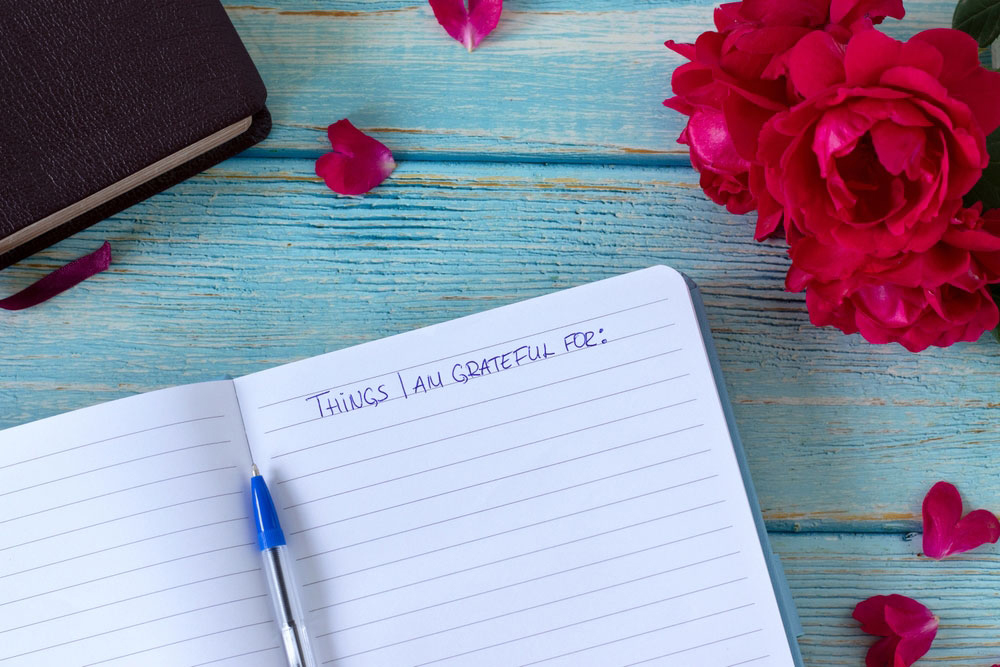Addiction often leaves a trail of regrettable actions and decisions, leading to feelings of shame, anger, and resentment toward yourself. For many people in recovery, self-forgiveness is one of the most challenging parts of healing and achieving long-term sobriety.
What Is Self-Compassion?
In active addiction, choices driven by the overriding urge to drink or use drugs can harm yourself and others. You might now have to deal with the fallout of dishonesty, neglecting your responsibilities, or damaging close relationships.
Though reflecting on these actions in sobriety can be painful, it’s essential for making healthy progress in recovery. Showing yourself compassion is valuable for several reasons.
- Releasing guilt and shame: Emotions like these can be a heavy burden that hampers your emotional recovery and personal growth. Letting go of this negativity and starting fresh is best for your mental well-being.
- Preventing relapse: Punishing or blaming yourself can increase your risk of relapse. Self-forgiveness enables you to develop a healthier self-image and a more optimistic outlook on life.
- Enabling progress: Dwelling on the past keeps you stuck in a rut, unable to move forward. Instead, you must focus on the present and plan for a bright future.
Tips for Forgiving Yourself in Recovery
Achieving self-forgiveness is a process that requires time, patience, and consistent effort.
- Journaling: Keeping a journal is a powerful tool for self-reflection and emotional expression. Writing down your thoughts and feelings may help you understand and process them better, and seeing your journey written on paper can be incredibly affirming.
- Open communication: Talking about your feelings and experiences with a trusted therapist, counselor, or a supportive friend can provide relief and valuable insights. It’s a way to practice honesty and receive feedback that can reshape how you see yourself and your recovery journey.
- Recognition of progress: Make it a daily habit to acknowledge your achievements, no matter how small they may seem at the time. Celebrating victories such as maintaining another day of sobriety, gracefully handling a stressful situation, or engaging in self-care will reinforce the value of your efforts.
- Mindfulness: Practices like meditation can enhance self-awareness and promote a non-judgmental attitude toward yourself. The goal of mindfulness is to recognize and accept your emotions without becoming overwhelmed by them.
- Self-compassion exercises: Consciously try to silence your harsh inner critic by speaking to yourself as you would to a friend.
Find Your Pathway to Inner Peace
Self-forgiveness is not about erasing the past or pretending that the mistakes you made during active addiction never happened. Instead, it’s about accepting that you did the best you could with the knowledge and skills you had at the time and recognizing that recovery offers a priceless opportunity for you to do better.
The Pearl’s counselors understand the complex emotional landscape of recovery and are here to help you find forgiveness and healing within yourself. We offer a haven for women only in beautiful Pensacola, Florida. Our program will change your life by teaching you to overcome trauma and achieve realistically sustainable sobriety. Contact us today to learn how to join our sisterhood and find joy in life again.




